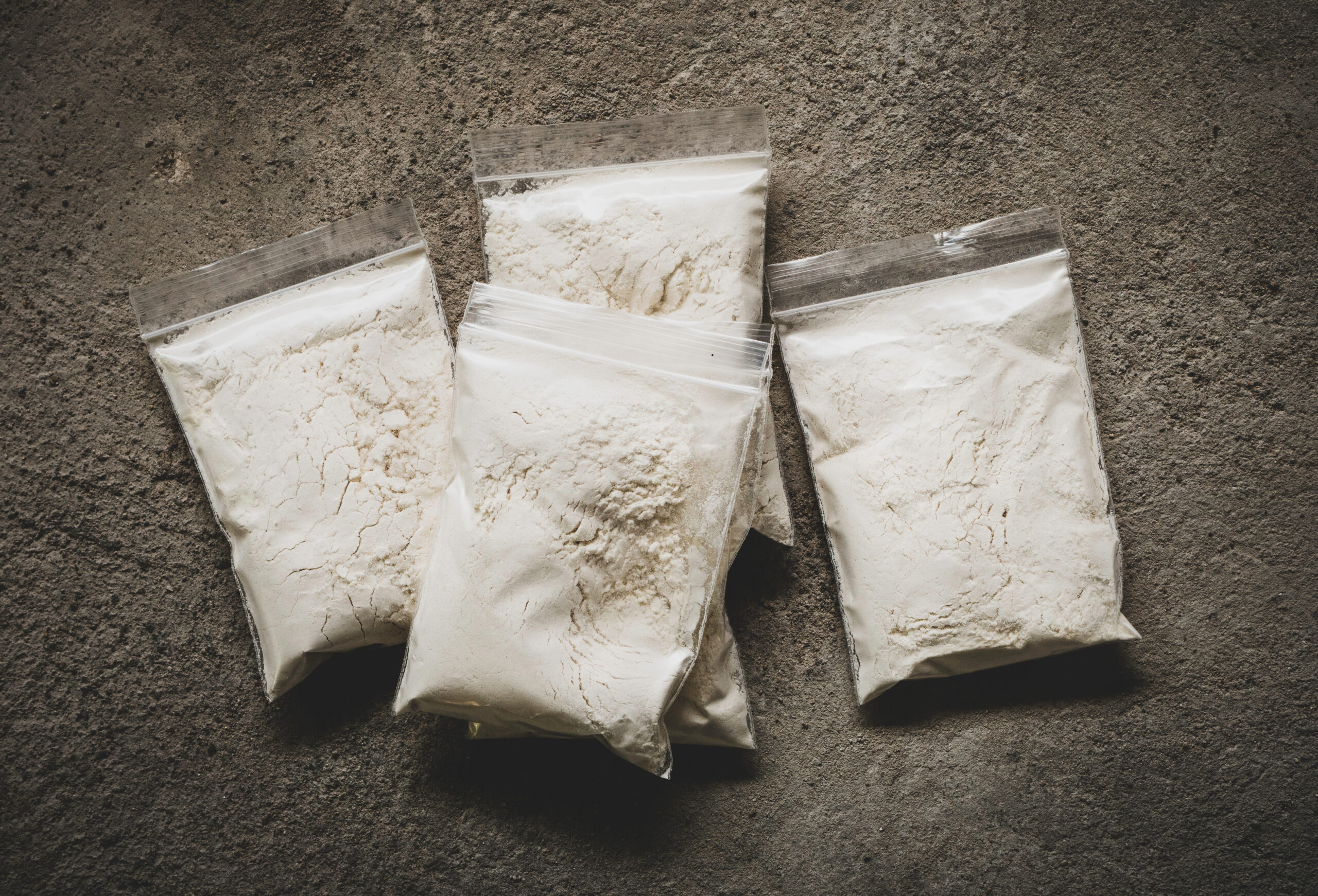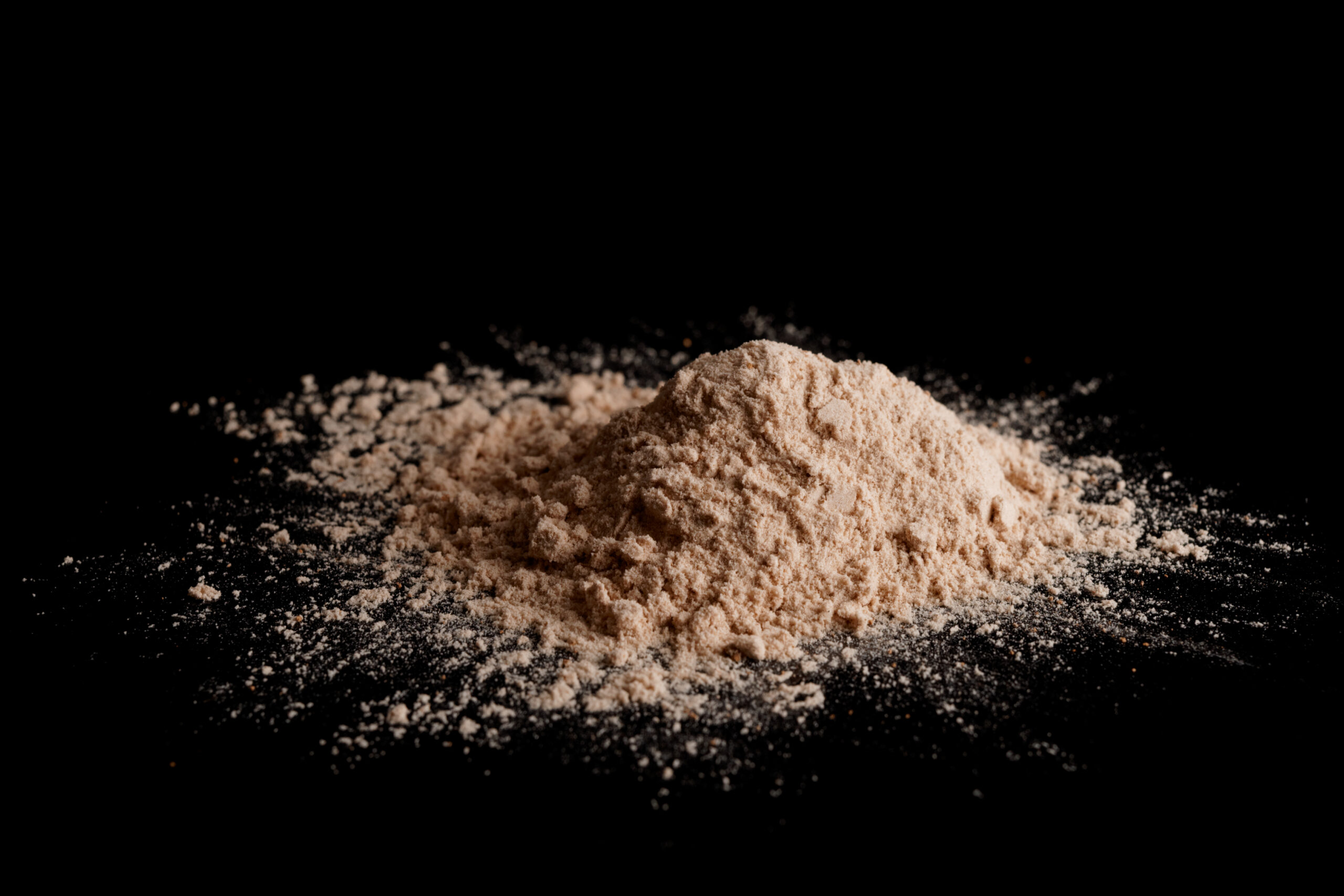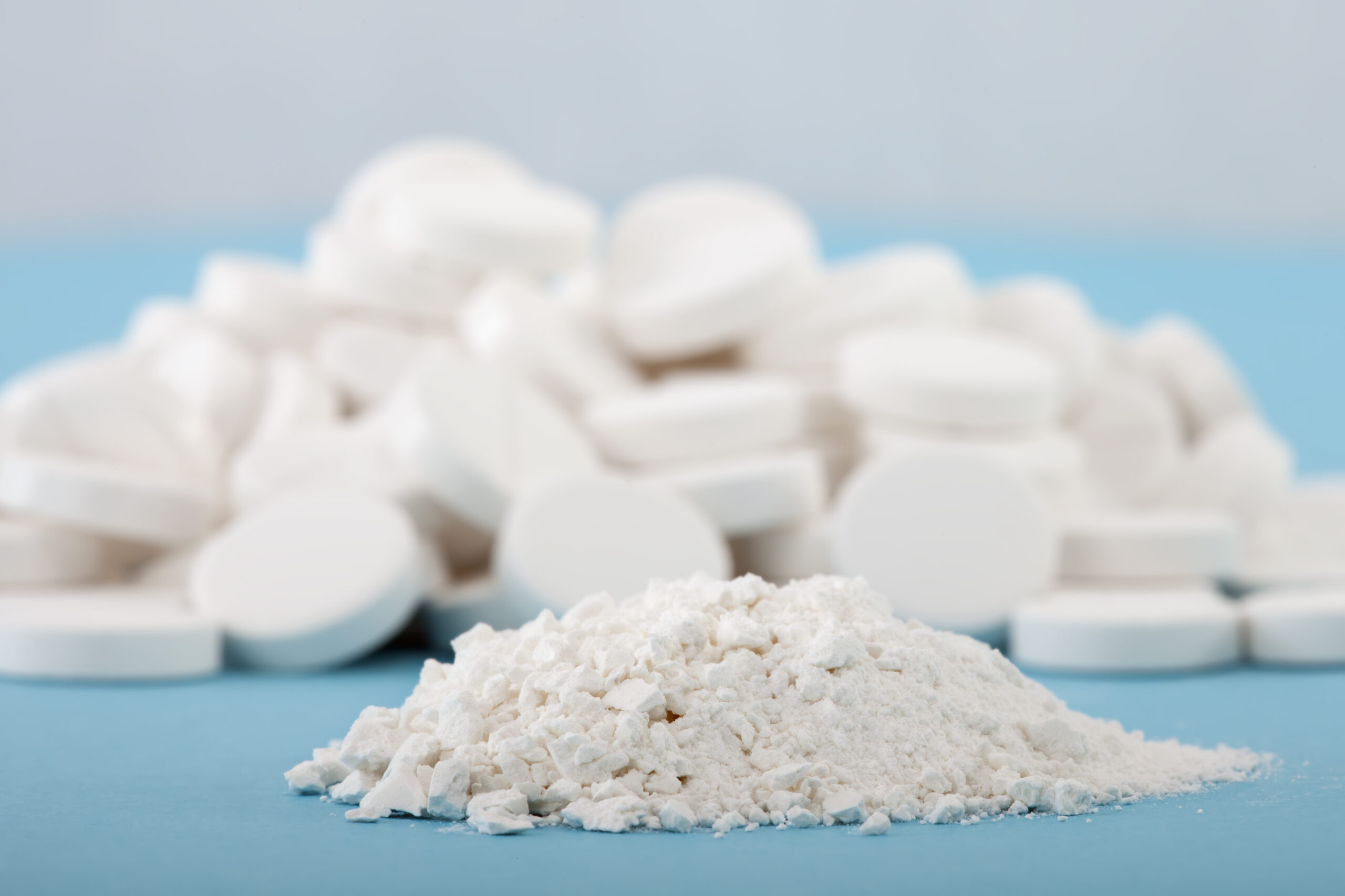How to Identify Heroin
More than 900,000 people used heroin in 2019 and in 2021, over 9,000 individuals died of a heroin overdose.[1] Knowing what heroin looks like can help keep your children and loved ones safe. If you find heroin, heroin packaging, or heroin paraphernalia, they may be struggling with a heroin addiction.
Here’s what you need to know in order to identify the different types of heroin, including white powder heroin, brown powder heroin, black tar heroin, liquid heroin, and heroin pills.
What Does Heroin Look Like?
Five types of heroin exist, and each one looks a little different.
| Type of heroin | Appearance |
|---|---|
| White powder heroin | White powdery or white chalk-like substance |
| Brown powder heroin | Brown or tan-colored powder that resembles sand |
| Black tar heroin | A sticky, tar-like substance with many impurities |
| Liquid heroin | Black tar heroin combined with water, sold in eyedroppers or syringes |
| Heroin pills/capsules | Pills or capsules, ranging in color |
What Does White Powder Heroin Look Like?
Considered the purest form of heroin available, white powder heroin looks a lot like a pile of chalk. Particles are fine, and they don’t tend to stick together.
Granules of heroin are often mixed with other white substances, such as sugar, powdered milk, and starch. Users often don’t know how much heroin is in each dose they take, which boosts overdose risks.

What Does Brown Powder Heroin Look Like?
Granules are tan, and a batch of this type of heroin might look like sand or brown sugar. Particles can clump together into tiny balls.
The color and stickiness of brown powder come from additives and impurities, such as caffeine or sugar. These additions don’t dissolve, and they can clog blood vessels when injected.
Brown powder is often cheaper than white powder, but it could be slightly more dangerous.

What Does Black Tar Heroin Look Like?
A black, rock-like substance that sticks to your fingers could be black tar heroin. The dark color comes from incomplete drug processing. Impurities aren’t cooked away from the powder, and they’re sold as part of the product. Black tar heroin like this is typically dissolved, and the solution enters the body through a needle.
What Does Liquid Heroin Look Like?
Dealers combine black tar heroin with water, and they sell it in syringes or eyedroppers.
The liquid is black or brown, and it might seem poorly mixed. Clumps and bits could float to the top or sink to the bottom of the packaging.
What Do Heroin Pills and Capsules Look Like?
Dealers may press heroin into pill or capsule form. They may market it as another substance, like a prescription painkiller or they may advertise it as heroin that’s easier to take for people who don’t want to inject. Because heroin pills are not regulated, they can look very different and won’t have markings that are easily identifiable.
They can range in color from white and off-white to brown or black.

What Does Heroin Packaging Look Like?
A typical dose of heroin is about the size of a pencil eraser. Dealers look for ways to slice up their heroin into tiny amounts that look completely innocent.
Common heroin packaging materials include the following:
- Aluminum squares
- Baggies
- Balloons
- Gelatin capsules
- Wrapped in plastic
- Wrapped in foil
- Enclosed in Ziplock bags
- In paper bags
- In glass vials
- In capsules
Don’t look for heroin residue on these packages. Most people will scrape, lick, and pull every speck of drugs away to get the most value from their purchases.
What Does Heroin Paraphernalia Look Like?
A typical heroin user must process the drug to use it. Anything someone uses to cook, inject, or smoke heroin is paraphernalia.
Most new heroin users smoke the drug because they believe they’ll avoid addiction if they never use needles. Smoking paraphernalia can include these items:
- Glass pipes
- Spoons
- Lighters
- Straws
- Rolling papers
- Aluminum foil
People who inject heroin need the following:
People who snort heroin may have items to cut up lines, such as razors or credit cards as well as straws or rolled-up dollar bills.
Knowing the Heroin Street Names
Aside from knowing what heroin looks like, you’ll also want to know the street names so you can identify if someone you love is talking about heroin. Common heroin street names include:[2]
- Horse
- Negra
- Smack
- Thunder
- Hell dust
- Chiva
- Black Tear
- Big H
- H
What Should You Do Next?
You’ve found evidence of heroin use. It’s time to talk to your loved one.
Bring your findings to the person, and talk about what you’ve seen. Be supportive and kind. You’re not trying to punish the person as much as suggesting another way of life. Express compassion and empathy and show that you understand how much they’re struggling and that heroin addiction is not a choice or failure.
Together, you can talk about how recovery works and what the person can do next. Research some heroin addiction treatment options, so you can discuss them with them, including inpatient and outpatient programs. Offer to collaborate with your loved one and help them in any way they need, while avoiding judgment or blame.
With your support, love, and care, you could provide your loved one with the motivation they need to quit heroin use and obtain sobriety. By reaching out to help them, you could save their life.
- What Is the Scope of Heroin Use in the United States? (June 2018). National Institute on Drug Abuse.
- Heroin. United States Drug Enforcement Administration.
- What Does Heroin Look Like? Foundation for a Drug-Free World.
- What Is Heroin and How Is It Used? (June 2018). National Institute on Drug Abuse.
- Drug Identification. (2022). City of Boise.
- Heroin Fast Facts. National Drug Intelligence Center.
- The Textures of Heroin: User Perspectives on “Black Tar” and Powder Heroin in Two US Cities. (September–October 2016). Journal of Psychoactive Drugs.




